I love that everything that made Wakanda an authentic African country was real, coming from real tribes and ethnic groups on the continent. Tweets from Waris @diasporicblues show numerous links between the Black Panther film and African continental cultures. For example,, the languages are connected For example, the language spoken in Wakanda is Xhosa from South Africa which was Nelson Mandela's mother tongue. Another example is when Lupita Nyongo's character goes on a mission to free Hausa-speaking girls in Nigeria. The clothing had many links with the continent. Queen Ramonda played by Angela Bassett's character wears flared hats reminiscent of the Zulu "isicholos". Killmonger's raised chest tattoo scars resemble those of tribes in Ethiopia. There are so many more examples that you can check on Twitter.
The casting of this film was epic, truly a pan-African cast. Each actor represented their communities of the United States, Guyana, United Kingdom, Kenya, Zimbabwe, Uganda, Canada, Jamaica, Trinidad & Tobago, South Africa, Ghana, and more. No wonder, people across the African diaspora were and are so excited. The film revives the notion that Marcus Garvey first proposed that Black people all over the world can be united.
Black people have been going to see this movie all over the world, slaying with their outfits, and performing dance routines. This morning, I went to Wakanda...
Caribbean Patriotism
First, I felt that Caribbean-descended readers would be less receptive to the storyline if it was not taking place on their island. I thought the reader might be choosy and discriminating. As a Canadian born of Jamaican parents, I have been a witness to the fierce patriotism displayed by anyone [myself included] who came from the land of my ancestors. I thought readers might not like my book if their island was not represented. In retrospect, I realize now that I was probably wrong about that one and it underestimates my audience to a degree.
Write What You Know
Secondly, I knew that Trinidad Carnival was a huge influence behind Caribana however I had never been there up to 2010 and I felt odd about writing about a country that I had never visited (until then, it was Cuba and Jamaica having visited). Yet, I grew up with a love of Carnival. While growing up, my father took my sister and I to the annual Caribana, Toronto Caribbean Carnival, parade each year. Although Carnival tradition is not native to Jamaica and relatively new there, this Jamaican-Canadian I loved the festive atmosphere, the anticipation, dancing to the music, and the beloved Black community of my city coming together at Caribana.
Halfway between Jamaica and Trinidad
When I wrote Malaika's Costume, I envisioned the small communities in the rural, lush Harbour Mountains in St. Ann parish from where my parents hail. (Of course, the illustrator has a different perspective.) Yet in Malaika's Costume, I refer to such Carnival staples as Moko Jumbies, Pierrot, Jab Molassie, and saris which are all commonplace there in Trinidad. After Trinidadians read my book, they say it is Trinidad. Between Jamaica and Trinidad, there are several island countries. How difficult to choose just one.
Geography of the Caribbean
There are several islands in the Caribbean that are part of a country. For example, the Bahamas is a country which is composed of over 700 islands. Monsterrat is an island country which is about 11 x 16 kilometres in dimensions with a population of 5, 000. At the same time, it is an absolute necessity that the residents of these island countries travel between for resources such as schools and jobs, just to survive. Hence, many islands in the Caribbean have a local culture, a lot is shared.
Pan-Caribbeanism
Lastly, I have long since known about the late United Negro Improvement Association (UNIA) St. Ann, Jamaica-born leader Marcus Garvey and late first president of Ghana Kwame Nkrumah as well as the concept of pan-Africanism. Pan-Caribbean is a rarer topic of discussion. Not naming the country in my Malaika books allowed me to pick and draw from island cultures which would be the very best that the Caribbean has to offer. I wanted Malaika's world to possiblly be any Caribbean island that the story could be moulded. I wanted my reader to see a bit of themselves and their culture in reading the story. Ironically when it came to time to print the French version, I deliberately wanted the Malaika books to have a Haitian flavour. Any time it could be used, I would make the request to include Creole words in the French-language version of the books. (Ultimately, Scholastic would decide to make small changes in the French translation.)
Since the signing and publication of Malaika's Costume, my first picture book, I have visited 5 more Caribbean nations in addition to the original 2-- Bahamas, St. Vincent, St. Lucia, Barbados, and Trinidad. So my knowledge of Caribbeanness has evolved too. Today, I am okay that there is no island country mentioned. I continue to be intrigued by the beauty and warmth that is the Caribbean. However, seeing Black Panther also reminds me of the simplicity and inspiration which could be found in having a place name, even if it is a fictional name. A name like Wakanda inspires imagination and has millions pledging to want to live there, a city that features "the best" of what Africa offiers, one to make all Africans proud. Would a Caribbean island name, even ficitionalized, do the same for Malaika readers?
Now, as I type this out and ask myself this question. Would naming a place for Malaika, even a fictional one, enhance the telling of my story? Legitimize or authenticate my story? I have only considered this after thinking about Wakanda. Ironically, in Malaika's Winter Carnival, I also indicate that Malaika is going specifically to Quebec City but still her island is unnamed. Or perhaps, I enjoy the mystery of having my readers trying to guess from where Malaika hails. I realize that the existence of pan-African or pan-Caribbean entity has been essential to bring together countries facing several social and economic challenges. As I work on a third Malaika book and now a play, perhaps the answers really do not matter for what the story offers readers-- an opportunity to see more similarities between nations than differences. Perhaps there will be a nation named in the future.
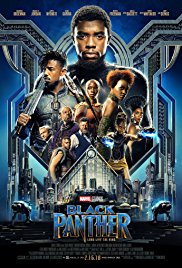
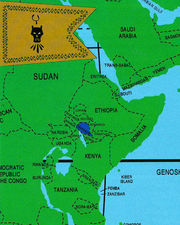
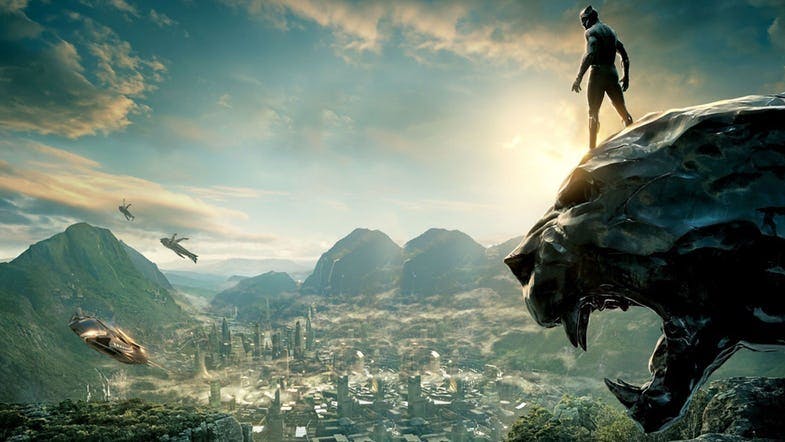
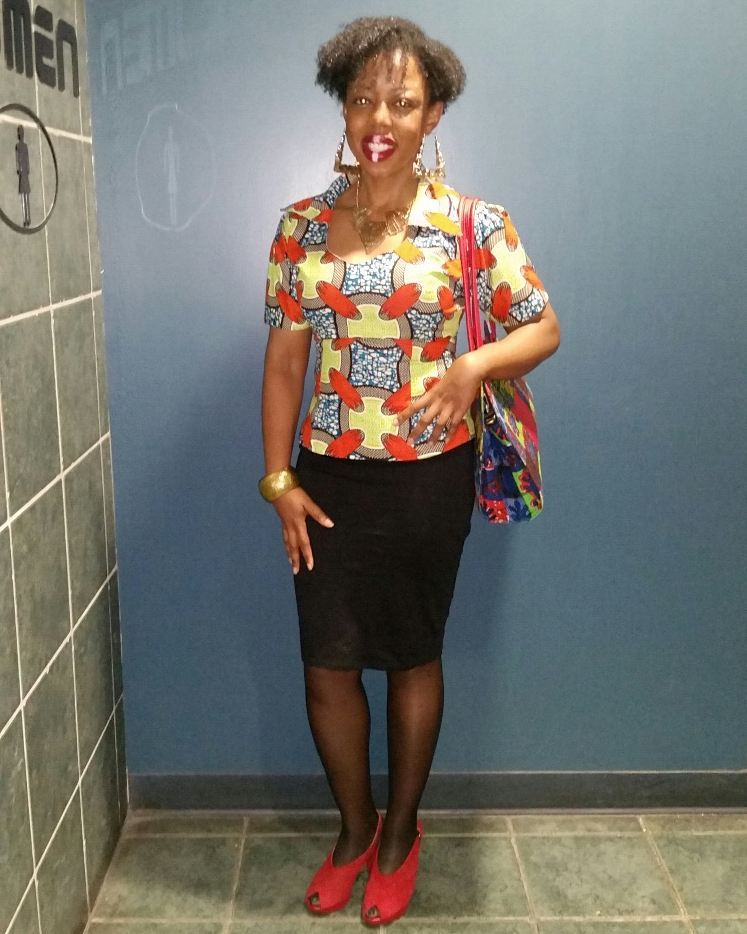
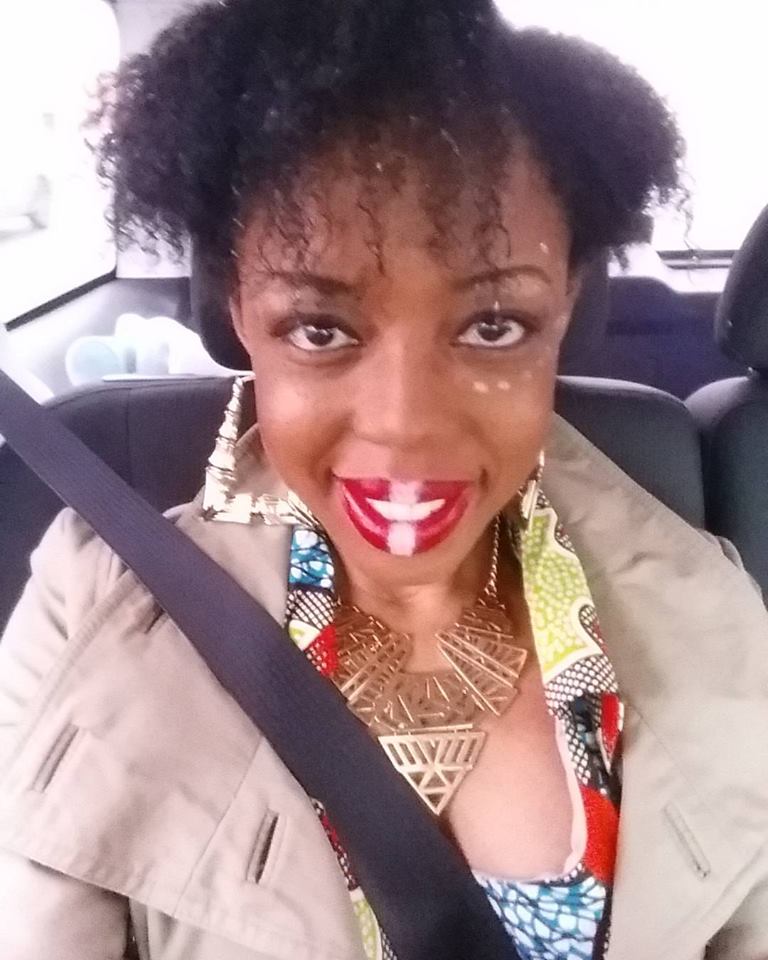
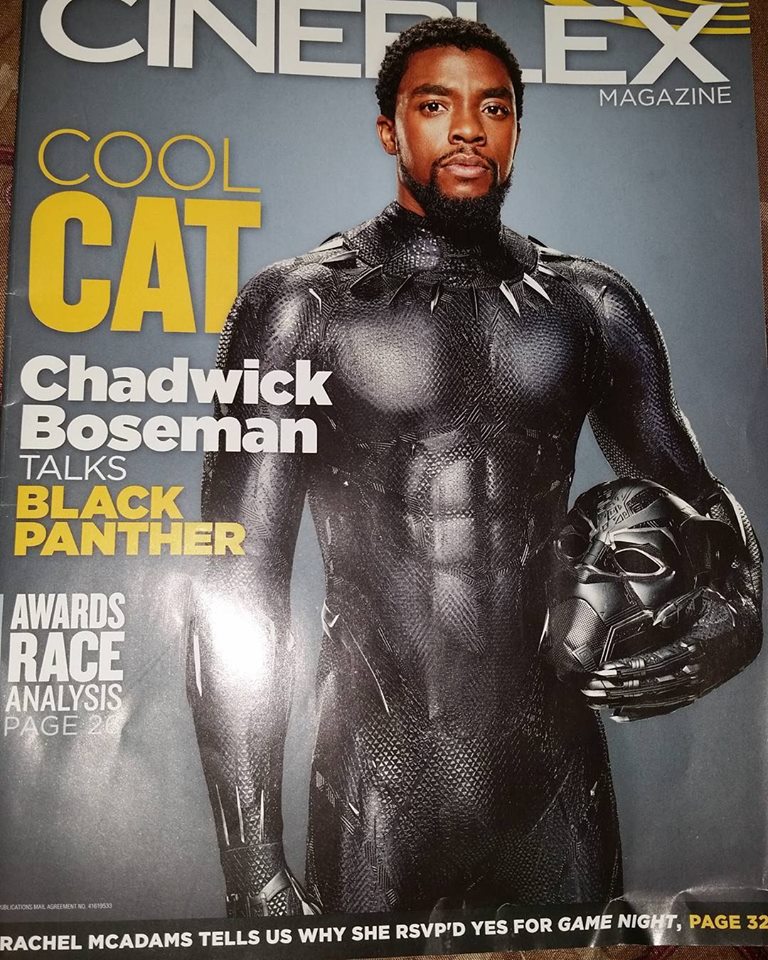
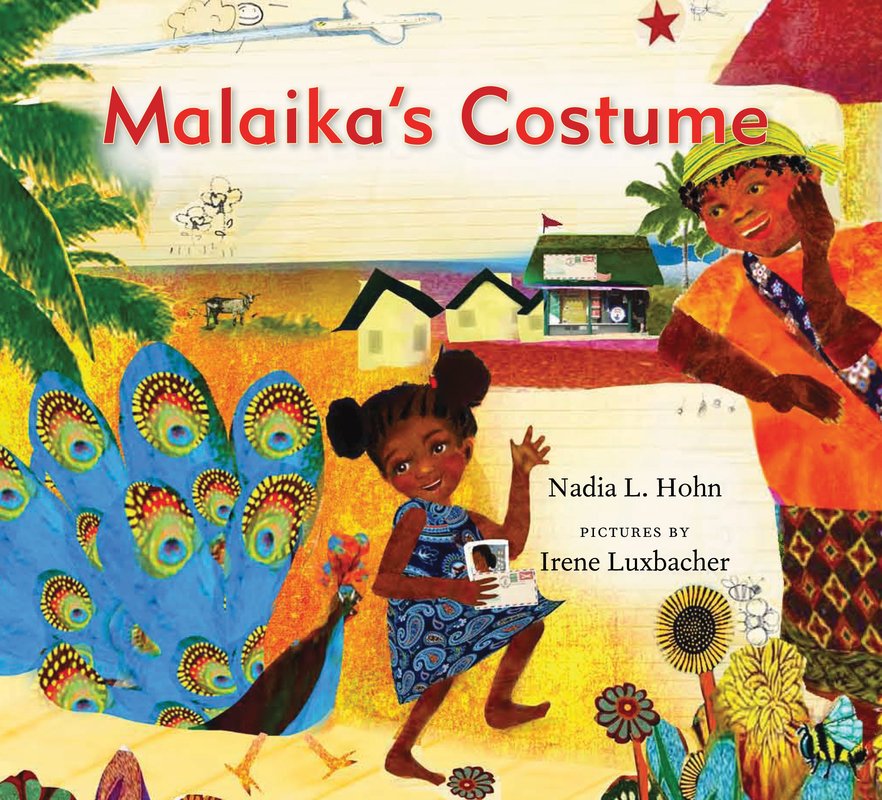
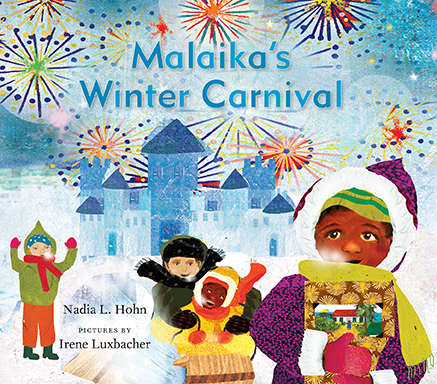
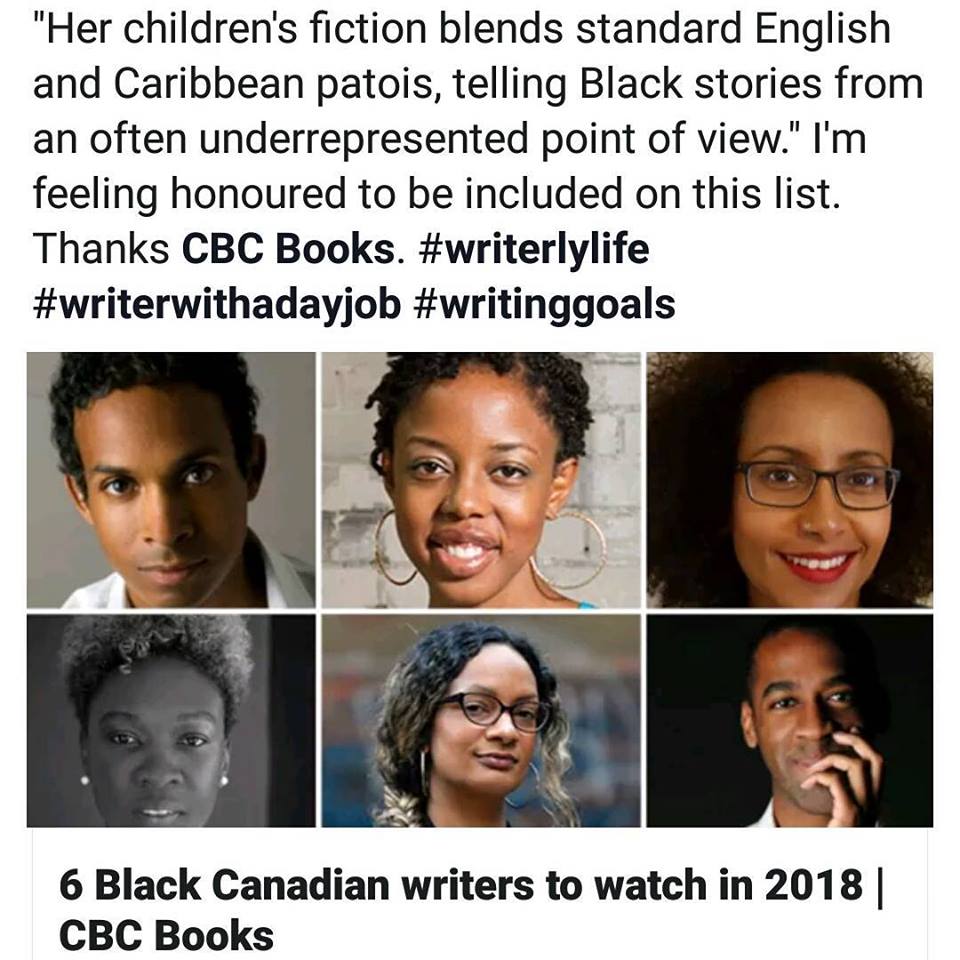
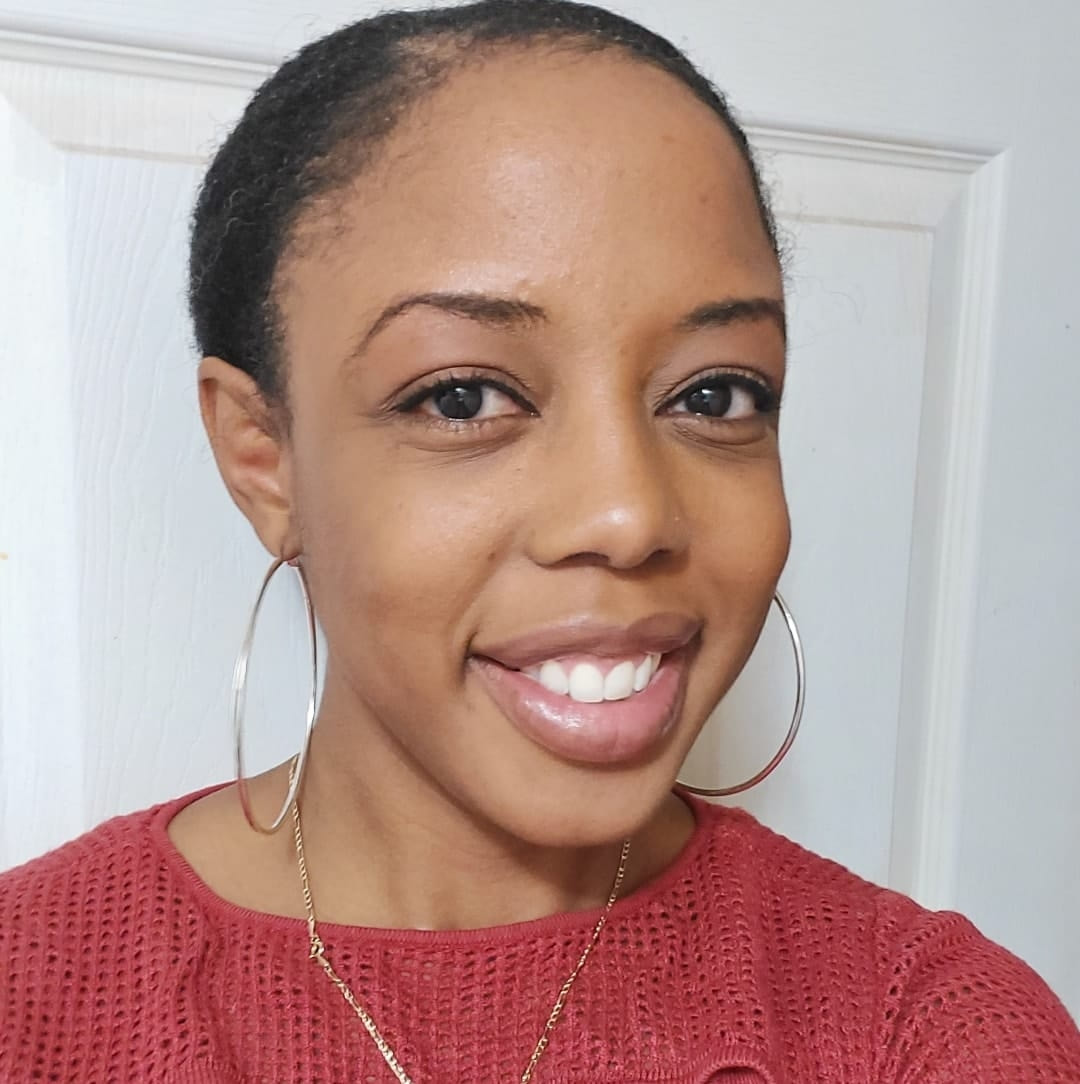
 RSS Feed
RSS Feed